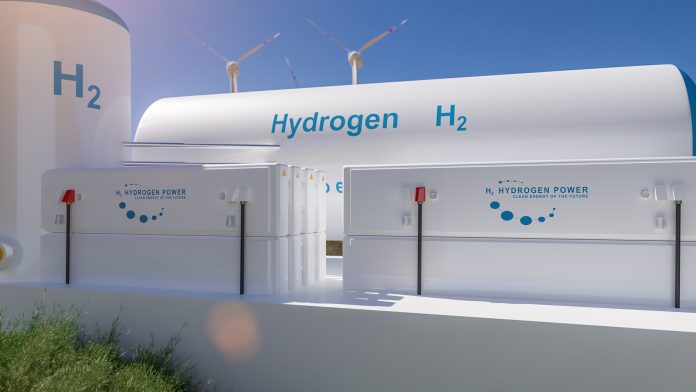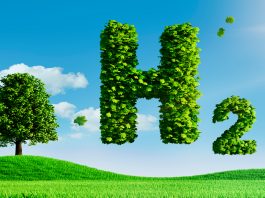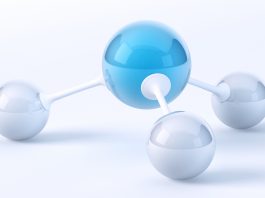A joint funding deal will unite Australian innovation with German expertise to accelerate renewable hydrogen production.
Australia and Germany are increasing research into renewable hydrogen production through a joint $100m funding deal. The deal, which is part of the German-Australian Hydrogen Innovation and Technology Incubator – HyGATE, will include funding for four joint projects, including the world’s first solar methanol plant and 10 MW hydrogen electrolysed that will tap into the country’s first major solar thermal project in Port Augusta, South Australia. Two of the green hydrogen projects represent the final stage of what could be gigawatt-scale projects in Queensland and New South Wales.
The two-gigawatt scale hydrogen green hydrogen projects
One of the green hydrogen projects, the EGH2 project, will be delivered under a partnership between Edify Energy and Siemens Energy and is set to be developed in Townsville, north Queensland. EGH2 will deploy a 17.5 MW Siemens Energy electrolyser with 21 MW solar PV to facilitate renewable hydrogen production.
The project is the first stage of the planned 1 GW green hydrogen production that will export hydrogen globally through the Port of Townsville and has the potential to impact the broader Australian-German supply chain.
John Cole, CEO of Edify Energy, said: “Australia’s place on the world stage as a leading provider of green hydrogen is taking shape and we look forward to doing what we do best – delivering the economic, environmental, and social benefits of green hydrogen to communities of Northern Queensland and the world.”
The Atco ScaleH2 project is the first step to another planned gigawatt scale electrolyser project and 800,000 ktpa green ammonia facility in the Illawarra region of New South Wales. The project will develop and execute a strategy for a hydrogen export value chain from New South Wales to German customers.
Why is renewable hydrogen production important?
Hydrogen is the most common substance in the Universe, mainly used as a raw material for industry. Currently, hydrogen is predominately produced from methane in an emissions-intensive process. For hydrogen to be used to assist the green energy transition, therefore, renewable hydrogen production is essential. Renewable hydrogen can reduce emissions in hard-to-abate industries and some transport sectors.
HyGate will facilitate clean hydrogen production by playing on both nations’ respective strengths – Australia’s expertise in hydrogen production and exports, and Germany’s know-how in hydrogen technology.
Australia’s Minister for Climate Change and Energy, Chris Bowen MP, said: “Collaboration with Germany will help grow Australia’s hydrogen export market and support our nation’s vision of becoming a renewable energy superpower.
“These projects demonstrate Australia’s role as a world leader in renewable energy production, reducing the cost of hydrogen production and paving the way for exports.”
German Federal Research Minister Bettina Stark-Watzinger said: “With our joint initiatives HySupply and HyGATE, we laid the foundation for a long-term German-Australian hydrogen partnership early on. My goal is that the first delivery will arrive in Germany by 2030 at the latest. Today, we are a big step closer to implementing a hydrogen supply chain from Australia to Germany.”









